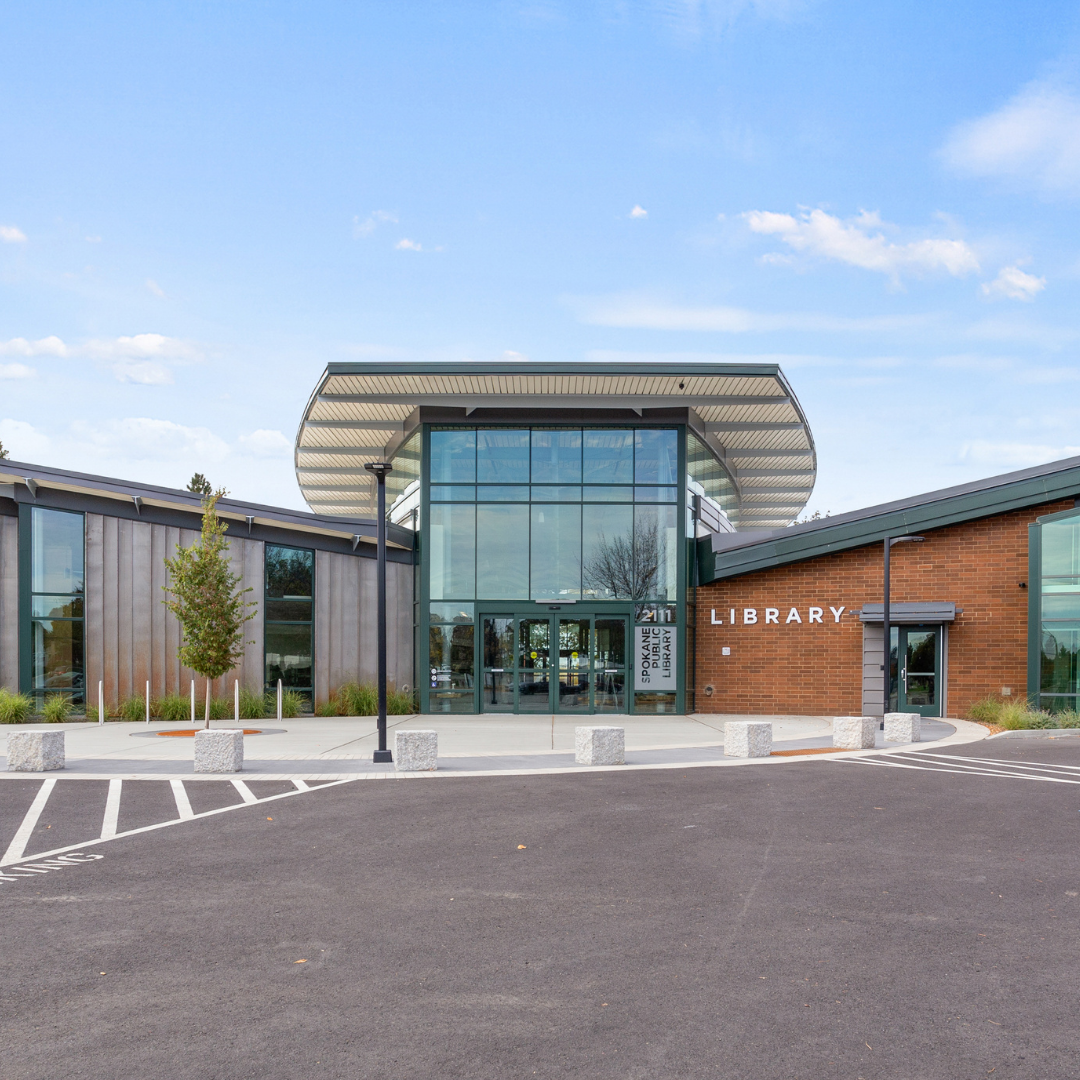Moths and Their Role in the Ecosystem
A Spokane Audubon Society Presentation
Wednesday, November 12
6:00pm - 7:00pm
Shadle Park
Shadle Park StudioWith over 160,000 species worldwide, moths are among the most diverse and ecologically important organisms on Earth. Learn all about these nocturnal pollinators in this SAS presentation.
With over 160,000 species worldwide, moths are among the most diverse and ecologically important organisms on Earth. These often-overlooked insects serve as essential nocturnal pollinators and provide critical food for birds, bats, and other wildlife. But moths and other insects are experiencing alarming global declines driven by multiple, interconnected threats: habitat loss, pesticide use, climate change, and light pollution.
Dr. Chris Cosma is a conservation ecologist with the Conservation Biology Institute, specializing in pollinators in urban and agricultural landscapes. He earned a PhD in ecology in 2024 from the University of California, Riverside where he studied the ecology and conservation of moths. In addition to pollination ecology, Chris has expertise in spatial ecology, network science, and climate change ecology. He has produced widely used platforms for participatory pollinator habitat restoration and has led national interdisciplinary collaborations that bridge ecological and social science to make resources more accessible and inclusive. Based in Spokane, Chris is also active in local education and outreach, including organizing events for National Moth Week.
Chris will talk about how moth decline solutions are becoming clearer, and how individual actions matter. Plants—particularly native species—play an essential role in supporting insects and other wildlife. Increasing the diversity and connectivity of native plant habitat in our yards, gardens, and public spaces can help build more resilient ecosystems. In this presentation, you'll discover the vital roles that moths play in our ecosystems, how environmental pressures are affecting moths and the wildlife that depend on them, and practical steps you can take in your own backyard to contribute to conservation.
By attending library programs, you are agreeing to potentially appear in photos/videos taken at our locations that may be used in promotional materials including social media.
We strive to make events welcoming for people of all abilities. To request accommodations (i.e. hearing assistance, ASL requests, or other ADA inquiries), email sday@spokanelibrary.org.
For all event information inquiries, email telref@spokanelibrary.org or call 509-444-5300.
Shadle Park
COMPUTERS & TECHNOLOGY
18 public computers
2 children’s computers
Free WiFi
MEETING & STUDY ROOMS
197 person capacity event space
35 person capacity classroom
59 person capacity maker studio
5 small study rooms
TRANSPORTATION
Free parking
Bike parking
STA Bus Route: 33
SERVICES
Faxing, copying, scanning, printing
Quiet reading room
Moose’s Market Children’s Playspace
Discovery garden
Demonstration kitchen
Automatic Materials Handling
Public art by Jasmine Brown
Laptop kiosk (laptops available for in-library use)





